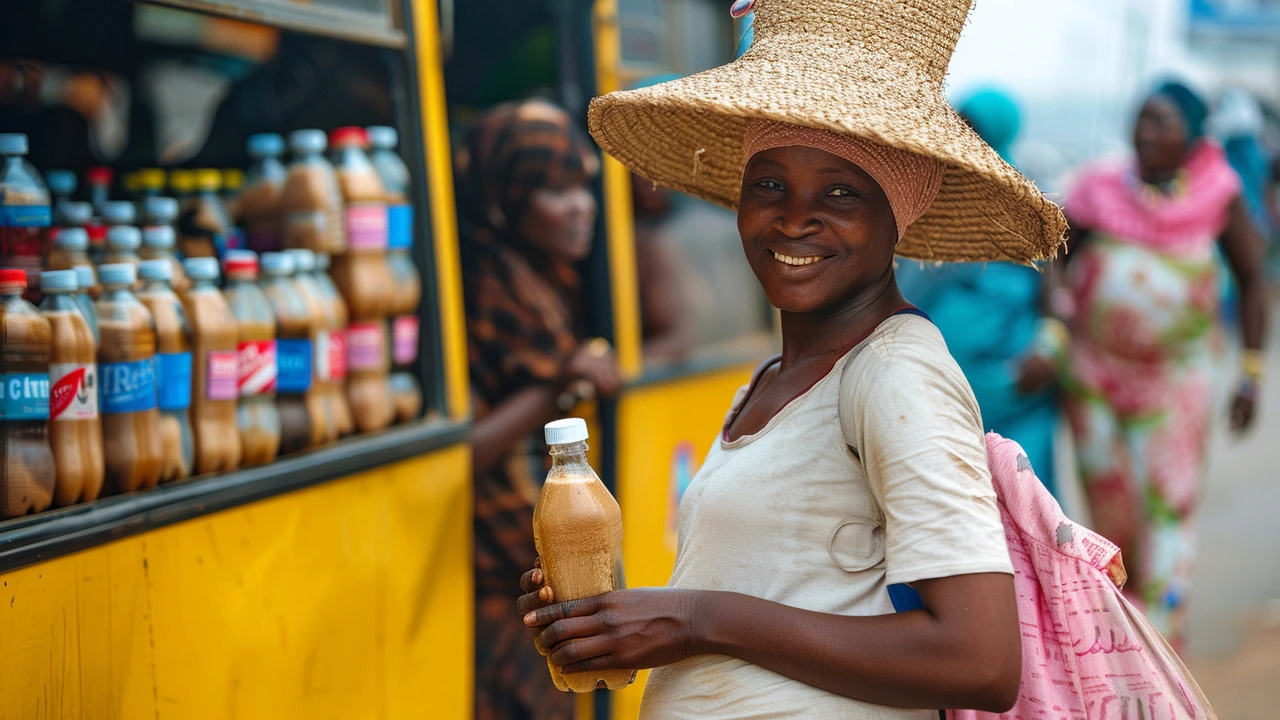Cholera Prevention: Simple Steps to Keep You Safe
Cholera spreads fast, but stopping it is much easier than you think. All you need are a few daily habits and community actions that keep water clean and hands sanitized. Below are the most practical tips you can start using right now to protect yourself and the people around you.
Clean Water and Safe Food
The biggest enemy of cholera is contaminated water. Always boil water for at least one minute before drinking, cooking or brushing teeth. If boiling isn’t possible, use a reliable chlorine tablet or a UV purifier. Store boiled water in a clean, covered container to avoid re‑contamination.
Food safety matters too. Wash fruits and vegetables with safe water, peel them when possible, and cook meat and fish thoroughly. Avoid raw or undercooked seafood in areas where cholera is known to appear. Street food can be tasty, but only eat from vendors who keep their stalls clean and use fresh water.
Good Hygiene and Community Action
Hand washing is your first line of defense. Use soap and clean water, scrubbing for at least 20 seconds after using the toilet, before meals, and after handling waste. If soap isn’t available, a quick rinse with clean water is better than nothing, but get soap as soon as you can.
Encourage neighbors to build latrines or use existing ones. Open defecation contaminates water sources and fuels cholera outbreaks. Community clean‑up days to clear drains and remove trash can drastically lower the risk of waterborne disease.
Vaccination adds another layer of protection. Oral cholera vaccines are safe, inexpensive, and work well in high‑risk areas. Check with local health clinics about availability, especially before traveling to endemic regions.
Know the early signs of cholera: watery diarrhea, vomiting, and rapid dehydration. If anyone shows symptoms, start rehydration immediately with oral rehydration salts (ORS) and seek medical help. Early treatment cuts mortality rates dramatically.
Keep a small ORS kit at home—just mix the powder with clean water and give it to the sick person every few minutes. Don’t wait for pharmacy trips; the kit can be a lifesaver in remote areas.
Finally, stay informed. Follow local health bulletins, listen to radio alerts, and share accurate information on prevention. Rumors and panic only make the problem worse, while clear guidance helps everyone act fast.
By sticking to these simple habits—clean water, proper food handling, rigorous hand washing, community sanitation, vaccination, and quick response—you can keep cholera at bay. Protect your family, protect your community, and stay healthy.
The Special Adviser to the Lagos State Governor on Health, Dr. Kemi Ogunyemi, spoke about the latest cholera outbreak that hit Lagos State in June 2024. The investigation showed that unregistered tiger nut drinks were a significant cause. Contributing factors include inadequate clean water, poor sanitation, and open defecation.
More
